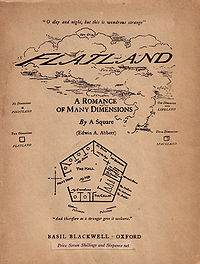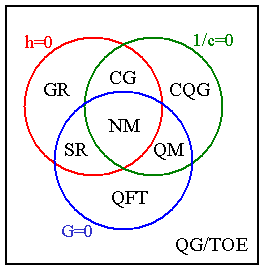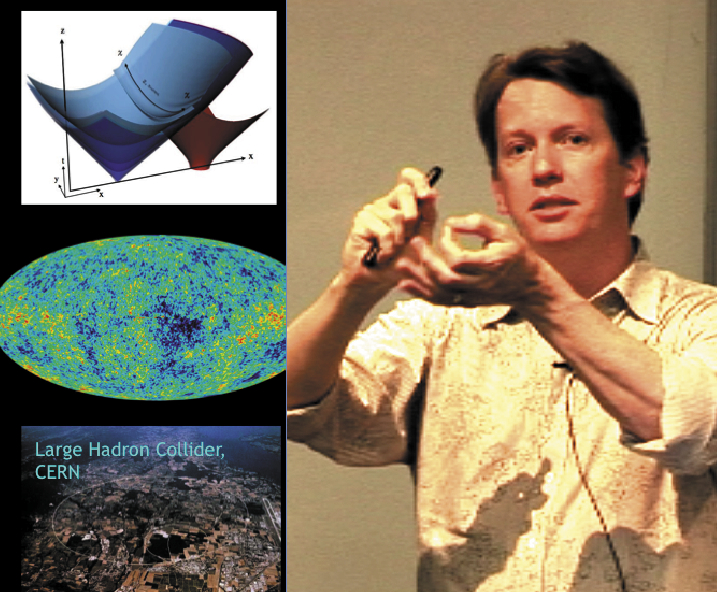Special Guest Post From A Far Boundary Of Our Universe
By Richard P. Flatman
"I call our world Flatland, not because we call it so, but to make its nature clearer to you, my happy readers, who are privileged to live in Space."
This is how my great-grandfather, Albert Square, started his memoirs. Memoirs he wrote in solitary confinement. Years later he died, still imprisoned and alone, and unaware that his ideas slowly but steadily started to change the views and imagination, not only of his fellow Flatlanders, but also of you Spacelanders.*
Physical reality is composed of properties like distance, duration, velocity, area, volume, mass, energy, and temperature. To quantify these properties you need to measure them. And the act of measuring boils down to comparing against an agreed yardstick, a unit of measurement such as a foot, a gram, etc.
Do you need a dedicated yardstick for each quantifiable property?
Would the answer to this question be 'yes', then physics as we know it, would not be possible. We would not be able to relate the various properties to each other, physics laws would not exist. Fortunately, the answer to the question is a clear 'no'. We need far fewer units than one might expect based on the number of physical properties.
Is energy conserved? "Of course it is!" anyone with just a rudimentary knowledge of physics will answer. A more pertinent answer would be: "if you can't show me a working perpetual motion machine, shut up and stop wasting my time!"
The conservation of energy is an insight that stood the test of time. It was Julius von Mayer who first worded it in its clearest form: "Energy can be neither created nor destroyed". That was nearly 170 years ago.
So why question energy conservation?
The interesting thing about physics is that the deeper you dig, the more you are forced to doubt existing principles. Dig deep into the universe, allow gravity to become a dominant feature, and the conservation of energy becomes much less obvious.
Over at
Cosmic Variance Sean Carroll is fighting an interesting battle. In a series of recent blogs that started under the title
"The Laws Underlying The Physics of Everyday Life Are Completely Understood" he is making the claim that physicists have fully figured out whatever we may encounter in our day-to-day lives. Everything. No exception. Sean wonders why this several decades old achievement never got the attention it deserves.
A week from now, Tuesday October 5th, the winner(s) of the 2010 Nobel Prize for physics will be announced. Predicting the Nobel laureates in physics is
notoriously difficult. As part of their overall Nobel prize predictions, each year Thomson Reuters
attempts to predict the winners in physics, but despite their habit of listing multiple candidates, so far they never managed to hit any of the annual winner(s).
This year
Thomson Reuters might, for the first time, be lucky.
Bantam Books must be happy. Prior to going on sale, Stephen Hawking's* new book
'The Grand Design' has attracted considerable media attention. (See for instance:
CNN,
BBC,
Yahoo,
Telegraph, and
LA Times.)
What's this fuzz all about?
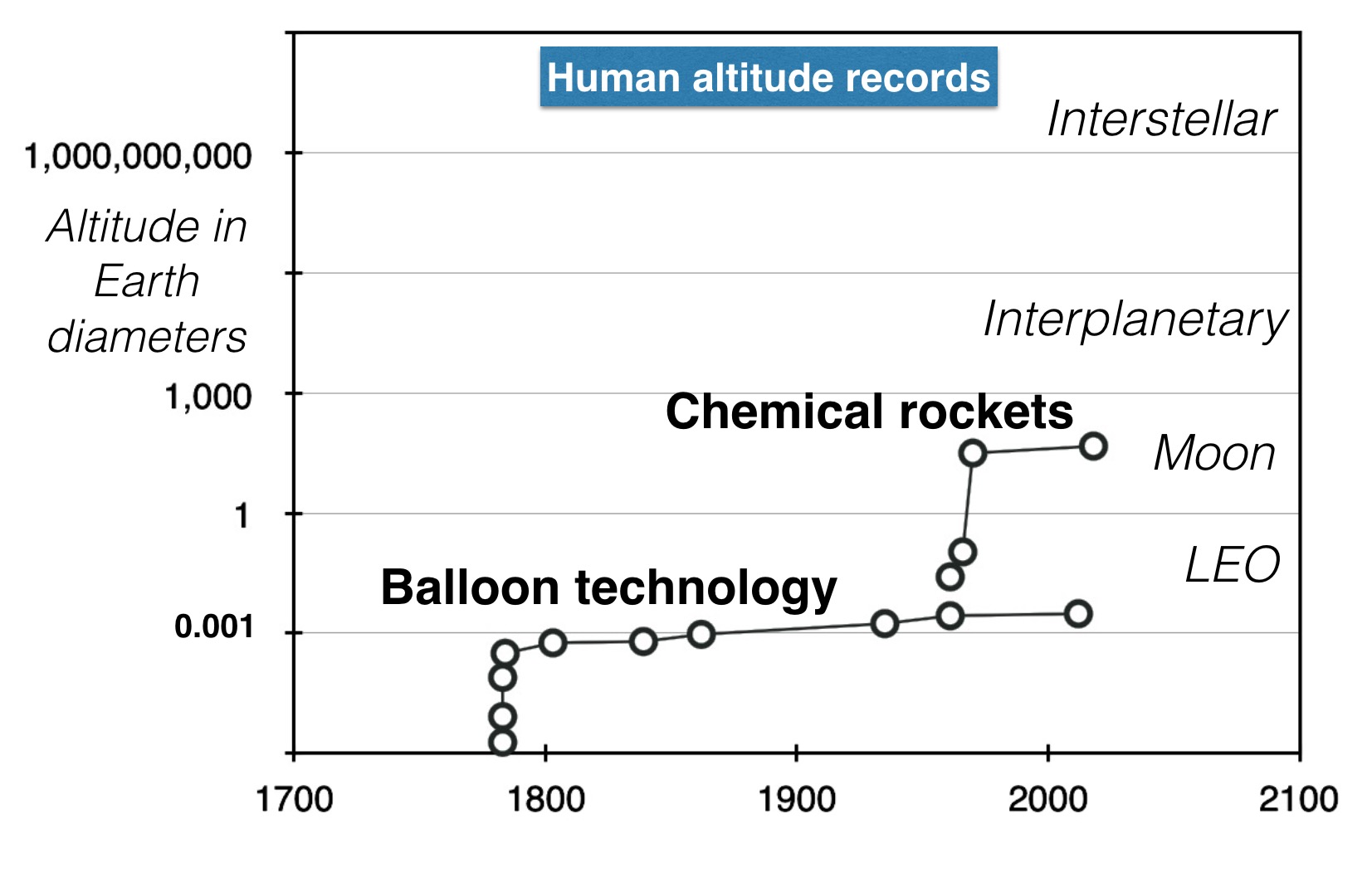 Why SpaceX Won't Turn Us Into A Multi-planetary Species
Why SpaceX Won't Turn Us Into A Multi-planetary Species  Rational Suckers
Rational Suckers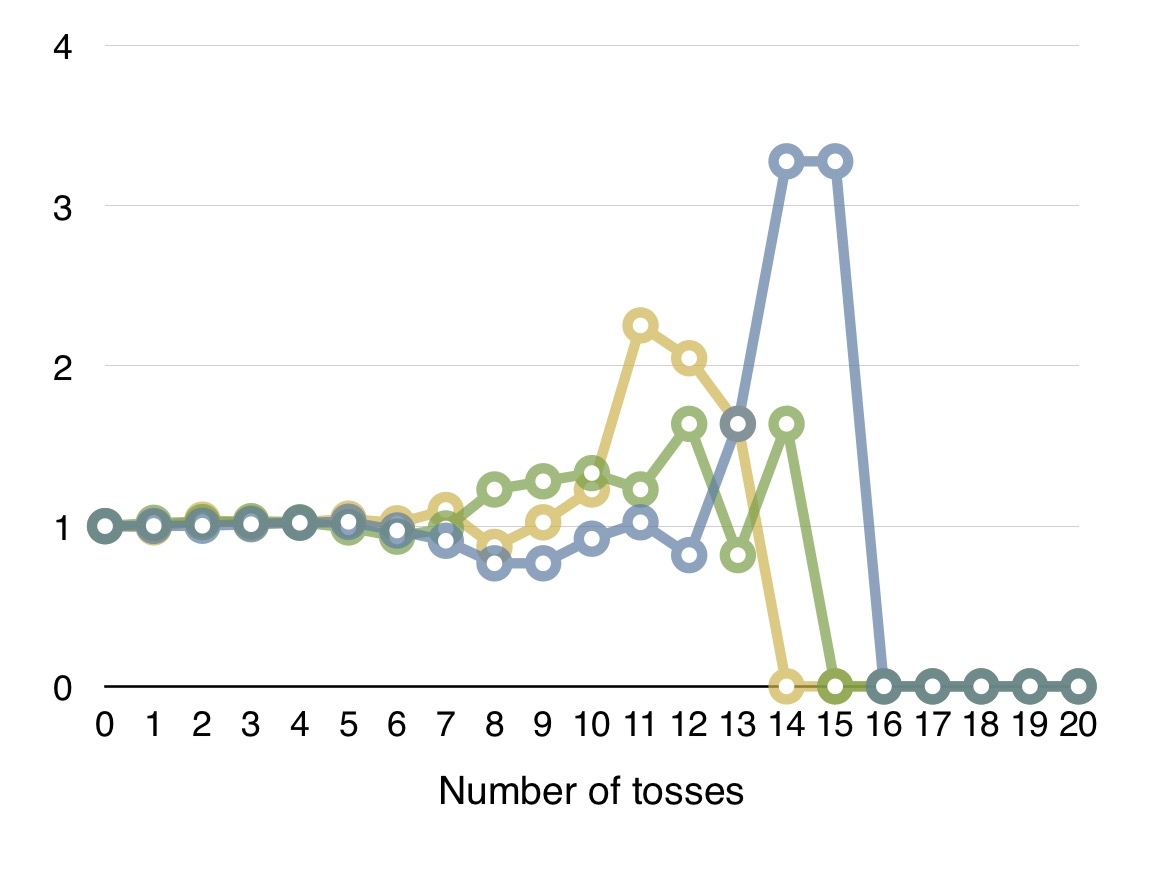 Triple Or Bust: Paradox Resolved
Triple Or Bust: Paradox Resolved



